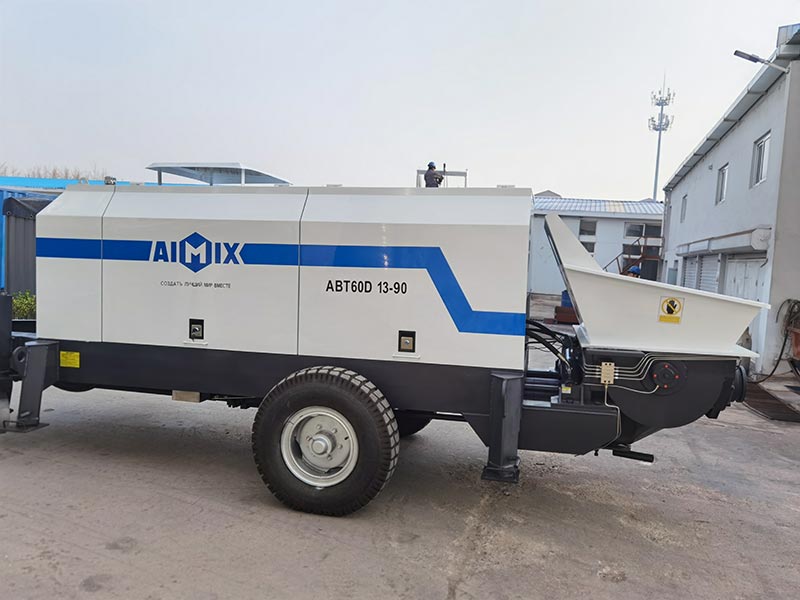Concrete mixers have a rotating tank, a motor, a rigid frame, a tipping handle, or possibly a dump wheel (on one side) which allows the user to tilt the tank. The tank includes helical fixed blades created to mix materials to make a homogenous and high-quality mixture. The concrete mixer motors are generally combustion, electric, or hydraulic.
To select the appropriate cement mixer sale South Africa, it is important to find what form of concrete volumes you will be needing. The tank is only able to be filled to 80% being a maximum. When manufacturers mention “mixing volume” it means 80% of the tank’s volume.
In terms of the selection criteria, you also have to think of how often you intend to use your concrete mixer.
– Occasional Use
When you only want to utilize the mixer for single worksites (small projects), the 60 Litre tank could be sufficient. For such situations, electric concrete mixers are often ideal.
– Frequent Use
For medium worksites, the 120 Litre concrete mixers are often sufficient. Dependent on-the-job size, the volume may be increased to 160 or 190 liters. If you find electricity offered at your worksites, electrical concrete mixers can be a preferable choice.
– Intensive Or Regular Use
These concrete mixers are designed for professional and enormous worksites. Should you require a concrete mixer that operates each day, non-stop, you will need a concrete mixer for sale in South Africa using a tank of at the very least 250 Litres (which you should work out according to your requirements). Within these situations, the combustion engine models are a more sensible choice to avoid issues in relation to power supply.
Reasons To Choose Electric Concrete Mixers?
Electric concrete mixers are suited to occasional and frequent use for medium-sized worksites. These are typically single-phase 220V offering power that ranges between 500 to 1,500 watts. Three-phase 380V is a better option when a higher-level of power is required.
Electric Concrete Mixer Benefits
– Budget-friendly price level, no consumables (gasoline or oil), and only about no maintenance.
– Regardless of the temperature outside, they will likely start immediately.
– The compact dimensions of these mixers ensures they are the best selection for indoor use.
– They may be more maneuverable and lighter compared to the combustion engine concrete mixers.
Electric Concrete Mixer Drawbacks
– You might need a power source on-site.
– This equipment is not intended for frequent or intensive use.
Top Reasons To Choose Concrete Mixers With Combustion Engines
Combustion engine concrete mixers are designed for professional and larger construction sites, specially those where concrete mixer will probably be used almost every day. These are more cumbersome, heavier, and noisier in comparison to the electric concrete mixer, nevertheless they have many benefits that outweigh their drawbacks.
Combustion Engine Concrete Mixer Benefits
– These machines are autonomous which implies they work on diesel or gasoline, which means they generally do not rely on electricity.
– Suitable for big construction sites, the combustion engines are generally more robust and a lot more powerful than the concrete mixers with electric motors.
– Long service life.
– An easy task to move given that they come equipped with road-towable, inflatable tires.
Combustion Engine Concrete Mixer Drawbacks
– Noise levels
– Weight
– Sometimes not easy to get started on



